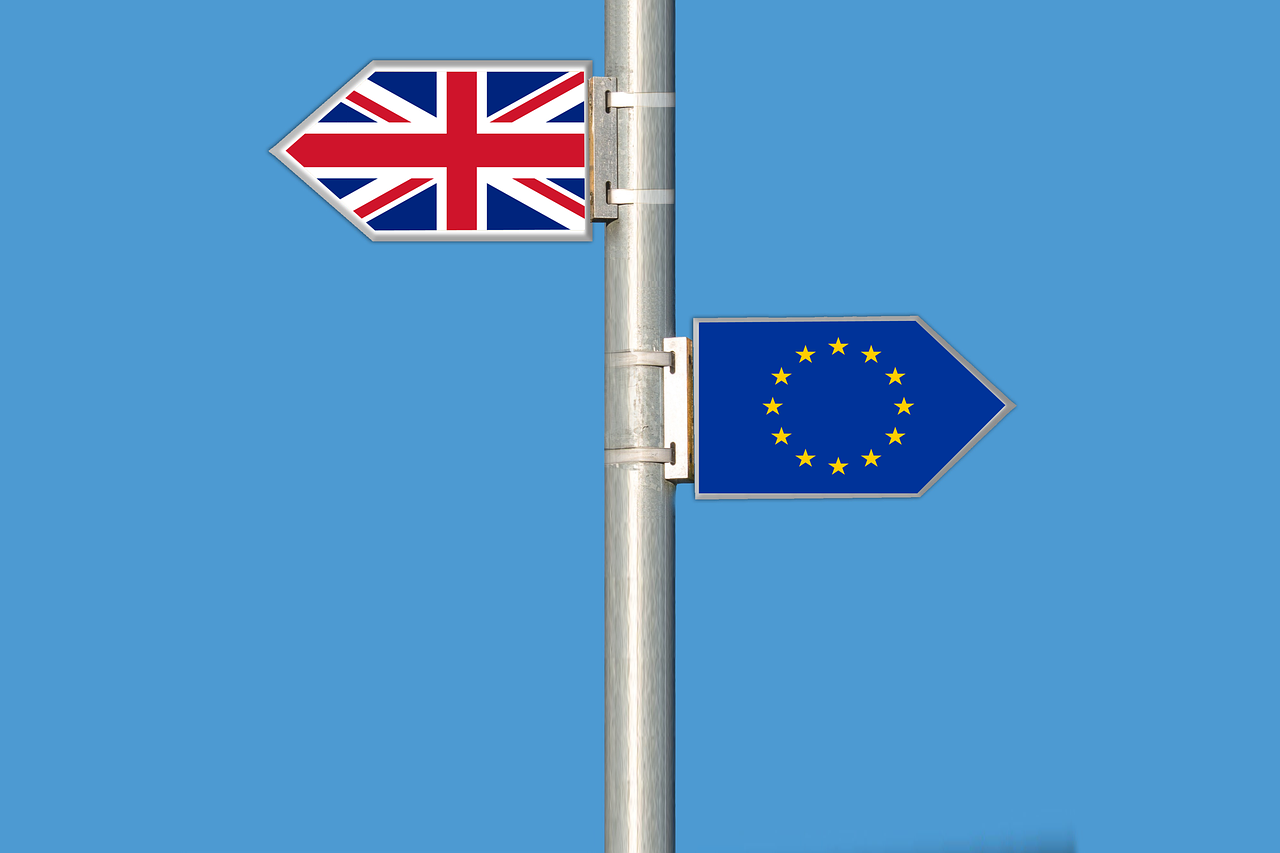Firstly, no one has all the answers and the best advice when planning to go abroad for whatever reason is to keep up to date with the travel advice for that country via the FCO website.
If the UK leaves without a deal on 31st October 2019 there would be major changes expected if you visit the EU, Iceland, Liechtenstein, Norway or Switzerland. A no-deal Brexit would mean that the rules for passports, visas, driving, EHIC cards, pet travel and more would change.
In this article Lucy Stretch takes a look at some of the implications for students and citizens keen to study and work in Europe after Brexit.
Studying in the EU & Erasmus

Outreach meeting at the British Embassy in Paris: Panel
At the end of April, the British Embassy in Paris hosted an outreach meeting where British citizens could attend and have their questions and concerns regarding Brexit answered by a panel which included the British Ambassador to France Edward Llewellyn.
I attended this event and listened to different queries about living in France post-Brexit, the majority surrounding the carte de séjour and the carte de résidence which are the different types of resident permits available in France.
I then raised the question about prospective UK students wanting to study abroad in the EU this coming academic year and wanted information about potential fee changes and effects on Erasmus grants. Having been on my year abroad in Paris since September, I believe Erasmus to be a great institution that provides opportunities for students across Europe and I really hope it will continue to do so after Brexit.
The response to my question was not very specific, which was to be expected as there are so many variables when it comes to dealing with exiting the EU. The advice for students embarking on their year abroad in Autumn 2019 is to continue with the process, but to make sure they are connected with their home universities in case any immediate changes occur after 31st October 2019.
Passports
You will possibly need to renew your passport earlier than you may have expected if there is no deal, and your passport will need to have a least 6 months’ validity left on it and also be less than 10 years old. You can check whether your passport is valid for the country you are visiting here.
Health Insurance
European Health Insurance Cards are still okay to use until the 31st October 2019, so if yours has expired or nearing the expiry date you should still renew to use when on holiday over the summer!
It is really easy to renew and costs nothing, all you need are a few personal details and the PIN number on your current card and you can register online through the NHS website.
It takes 5 minutes to do and gets delivered within 10 working days normally, and if there is a deal, you’ll continue to get state-provided healthcare in the EU, Iceland, Liechtenstein, Norway and Switzerland.
Whether there is a deal or not, you should definitely get the necessary travel insurance with health cover before you go abroad, checking the details of your policy carefully. For example, if you are going on a skiing trip or scuba diving holiday you should check these activities are covered in case of an accident, as if not the fees can be extremely high!
Mobile Phones
The FCO has highlighted that mobile date roaming, which currently works in the EU in the same way it does in the UK, may no longer be a possibility if there is no deal. It is important to check with your phone provider if this is the case.
Despite the lack of clarity around what might happen after October 31st, the overarching message to take away is that keeping up to date with what is going on in the country where you are planning on working or studying is more important now than it ever has been!
Talk to your university’s study abroad team or your future employer to find out more about any changes likely to affect you, and sign up to the FCO email alerts to stay informed about European travel after Brexit.
By Lucy Stretch








